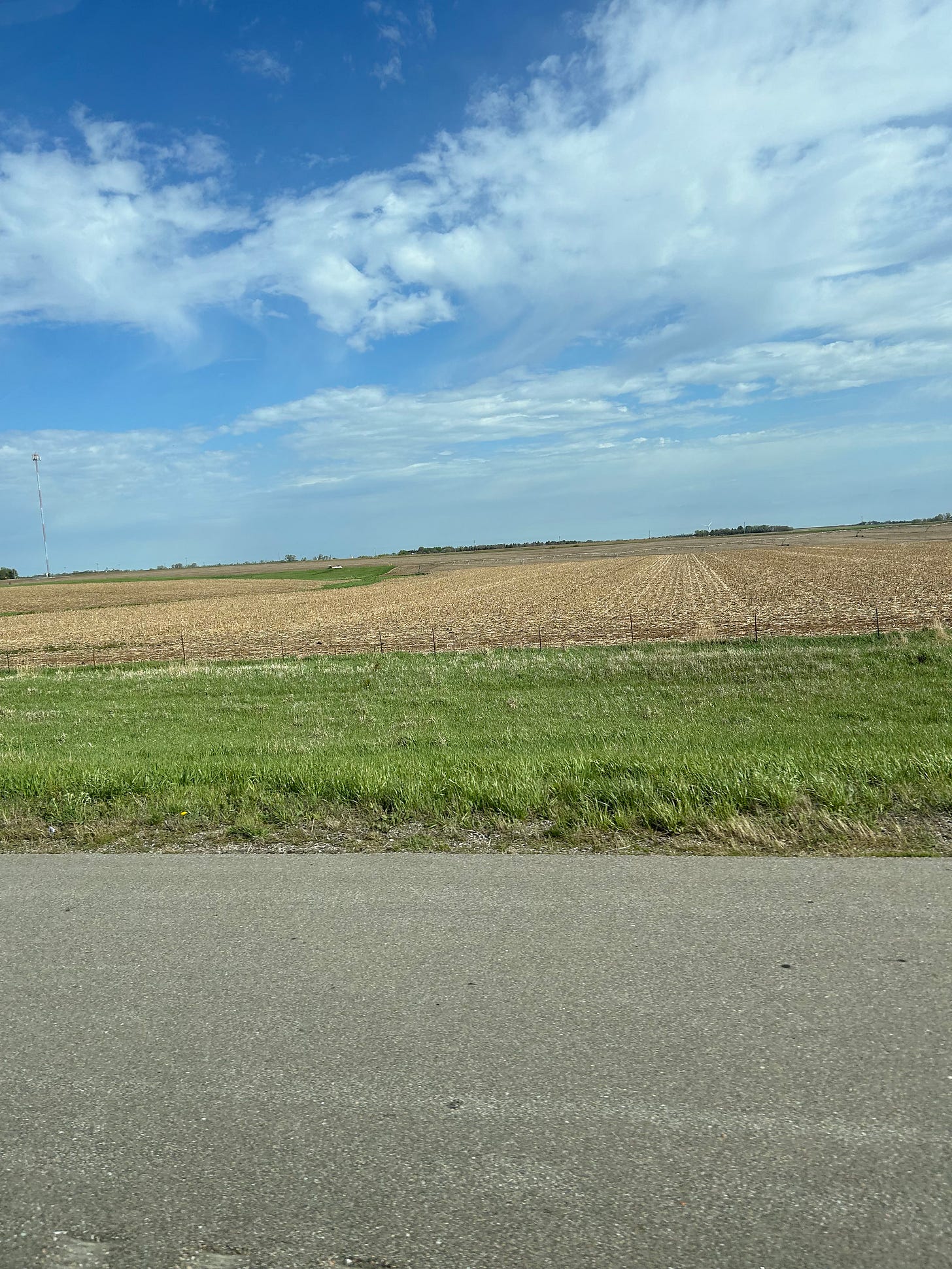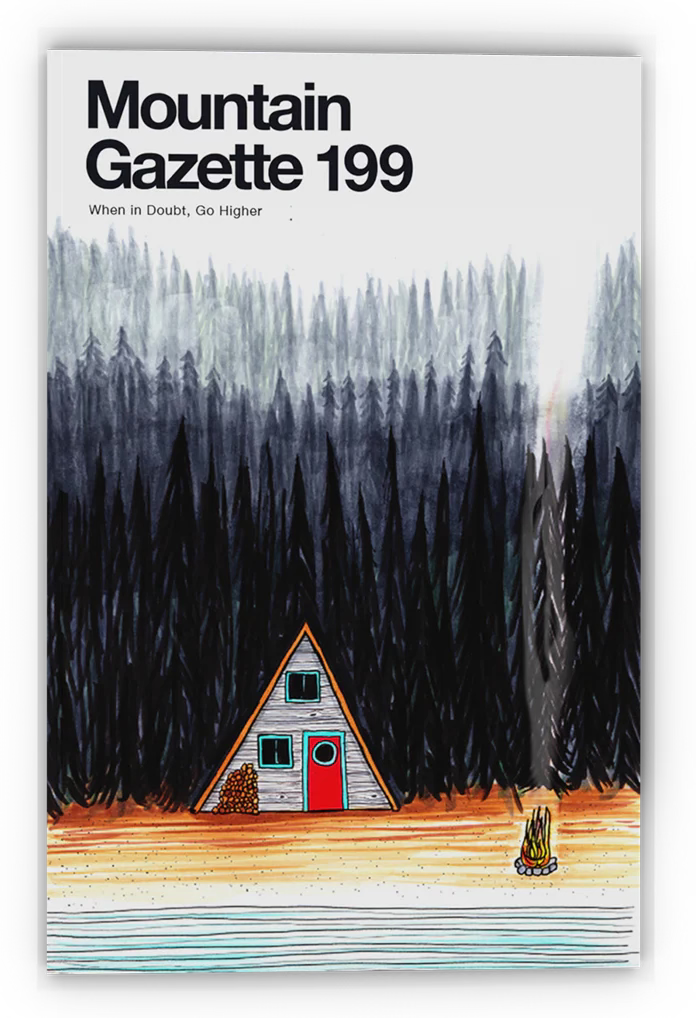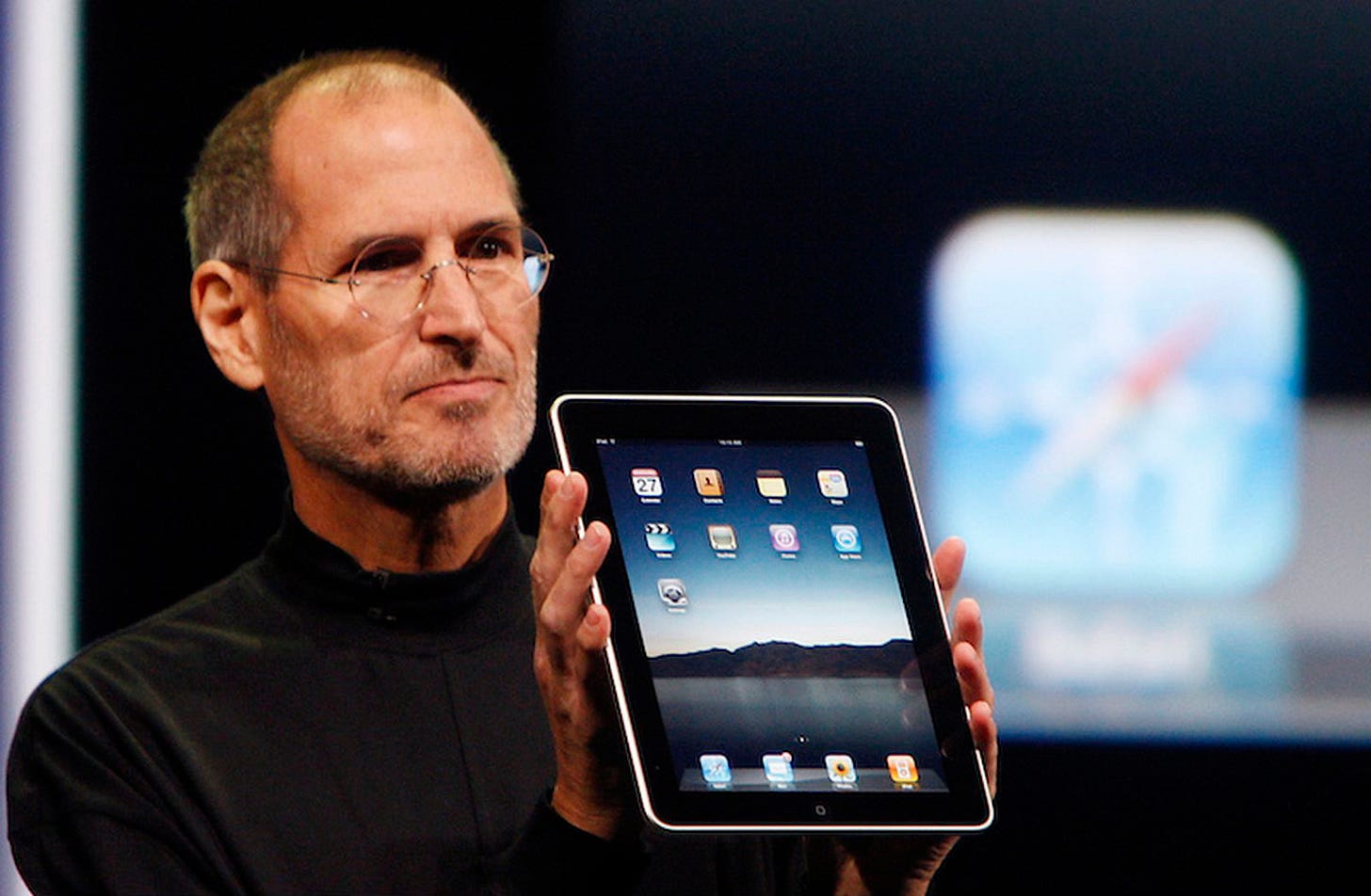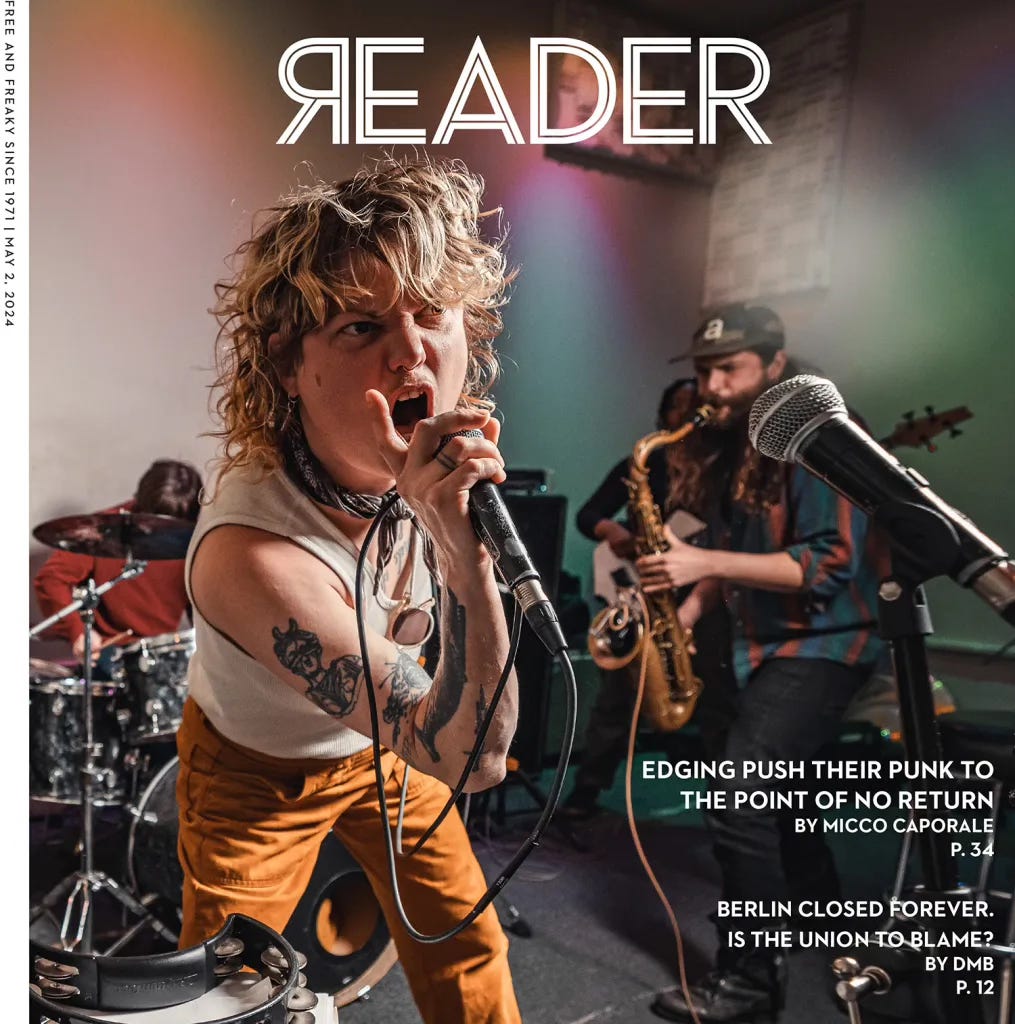When you enthusiastically predict the future...
You may be surprised when it doesn't happen...Issue # 128
While I’ve always enjoyed reading the “predictions” for the coming year, I’ve always taken them with a grain of salt. After all, can we really predict the future? We can make educated guesses. Sometimes we may even get them right. Writer, podcaster and educator Scott Galloway’s annual predictions and recaps is an excellent example.
Predictions are a hit or miss business. It doesn’t matter whether you’re doing it for yourself or for a whole industry. I think the first article below is a pretty good example of that. I recall the introduction of the iPad and the enthusiastic reviews it got. A few of the publications I worked with in the next few years spent a lot of capital trying to create the perfect tablet style magazine. None of them really went very far.
Do you remember the very first iPad? How about the early Barnes and Noble “Nook” or the Borders version of a tablet? Personally I thought each tablet was, well, they were OK. They were a decent alternative to a hard bound book or broadsheet newspaper. But I wanted it to replace my laptop and work like my laptop. They didn’t. Their use was limited. It was more of an ‘in-between’ piece of tech. It was one more thing to own. Fourteen years on, I still find that to be the case with the iPad.
In the publishing world, there are a ton of predictions. For what it’s worth, my interpretation of these are that they mostly seem to service the fanboys who write about them. We were supposed to pivot to CDs. Then tablets. Then social. Then video. Then podcasting. Now it’s AI. Magazines are now all-inclusive.
But like all technology, I think predictions should come with a warning label: “Caution, this will not work out as advertised. Prepare to be disappointed.”

one__iPads didn’t work out quite as Jobs had predicted
This Washington Post article from Tech Friend newsletter author Shira Ovid, points to the launch fourteen years ago of the Apple iPad and Apple CEO Steve Jobs predicted that the iPad could become as ubiquitous a mass market device as cars had become.
Clearly that didn’t happen. Sales of the iPad are robust enough for Apple to continue to develop them, but they’re more of a niche item. Smartphones are clearly far more ubiquitous than are iPads. Ovid points out that what the iPad does seem to do is take tasks away from other devices.
For example, some people do use iPads to replace things their computer could do (Providing you use the most up to date tablet with a lot of robust memory). You see iPads and other tablets replacing cash registers and computers at retail too.
In the magazine world, there are still digital magazines and flipbook magazines designed for tablet reading. But for those of us in the circulation side of the business, those readers are still niche - “nice to have along”, but not a key part of what we can build.
two_Who knew? Alumni Magazines aren’t terrible!
There was a brief period in the previous decade where my alma mater either lost my address or stopped printing their Alumni magazine. As a result, I stopped paying attention to their requests for donations and I lost track of a whole slew of my college acquaintances.
This article from the content creator Casual Astronaut points to ten different Alumni magazines that are not “terrible.” Is Terp the alumni publication from the University of Maryland that much better for their “bold design choices” as the author states? Maybe. But the point that I take away is that even an alumni magazine can be a great magazine.
I was pretty happy to start receiving my alumni magazine, The Wick, again. It’s been fun to watch the publication grow, adjust its content to the times, and, of course, read updates about people I lived with for a few years. Yes, college and university alumni magazines are good things. Often, their editorial is really great.

three__The Chicago Reader returns to weekly publishing
In a sign that there is still a need and a voice for indie journalism, the independent newspaper, The Chicago Reader, is returning to a regular weekly production schedule for it’s print edition.
For many years, the Reader was the paper I turned to for ideas on where to go for food, entertainment. Even better, they often seemed to scoop the local papers and TV stations.
I loved the final rationale their publisher, Solomon Lieberman gave for returning to a weekly schedule:
By publishing weekly we will become a “paper of record” again, allowing us to accept public notices, a consistent stream of dollars that could alone cover the increased printing costs. Additionally, and as a testament to the legacy and standing of the Reader, several advertising partners—current, lapsed, and new—agree that a weekly cadence, combined with an upgraded digital program, better serves their needs.
four__Post.News is shutting down
I have really mixed feelings about this. Even before Elon Musk purchased Twitter, I was finding the toxicity of that platform both disturbing and sadly compelling at the same time. When Post.News was launched, I was excited to have a news alternative to what I was used to on Twitter.
But the odd thing was that while I liked that there was very little “trolling” going on at Post. There was also very little engagement. Many news orgs were slow to adapt to it.
When it was at its best, Twitter was a great place to get national and international news from many sources. Post got good at this in the end, but for whatever reason, it lacked the excitement that pre-Musk Twitter had and it’s growth was too slow.
five__Indie magazines are actually thriving
It’s kind of fun to finally see in writing something you’ve suspected all along. There’s a class of under the radar small circ indie magazines that are performing quite well, thank you very much.
So, what is their secret? It’s a simple thing: Cater to your readers. That’s right. They’re readers. They read the magazine you published ups poured all that time, attention and energy into. Go ahead and use the business speak word, “audience.” They are that. Sure, you can call them consumers, too. In the end, however, they are your readers. And they’re enthusiastic about what you’re writing about in your magazine and that’s why they are reading it.
That’s right. It’s writing. You can call it content if that makes you feel current. But in the end, it’s good writing and editing.

Your moment of (Maybe?) magazine zen…

I hope you enjoyed this newsletter. Please “Like” and subscribe. You’ll get a brand new release in your email in-box most Tuesdays (Or sometimes Wednesday if things get a little hectic around here).
Want to find me on the social sites?
My Instagram link is here.
I’ve been known to put on a suit and tie and comb my hair. Here’s my LinkedIn profile if you want to see me looking all professional.
BlueSky is kind of reminding me of an early, slightly less vulgar Twitter. There looks to be a lot of good authors and indie writers there. If you’re there and want to look me up, here’s where you might find me.
Until it shutters, you can find me at Post.News and you can find me here on the app.
Lastly, here at Tallgrass Media, we (really don’t) believe that having an “Everyone in the office” work routine is beneficial to collaboration. Probably because we don’t care for ping pong and we’re not known for willingly sharing our snacks.
However, we thought it might be interesting to tell our Freelance, Remote Work AI Sign-Off Editor that we wanted it to begin working in house with us full time and see how it felt about this new requirement.
Here’s its response. Maybe it will help you when your boss tells you to come back to the office full time:
“While I understand the potential benefits of in-person collaboration, my current remote work setup has demonstrably maximized my productivity and efficiency. This translates to a significant positive impact on my ability to deliver key corporate objectives. I'm happy to explore a hybrid model that leverages the strengths of both remote and in-office work, but a full-time return would impede my current momentum and potentially hinder departmental goals.
Also, your snacks kind of suck.”
You think you know your AI…




